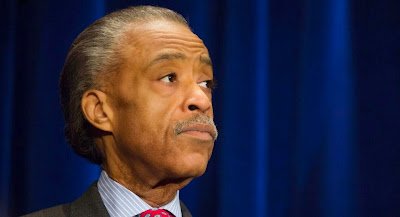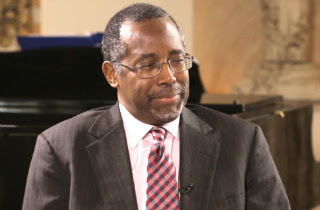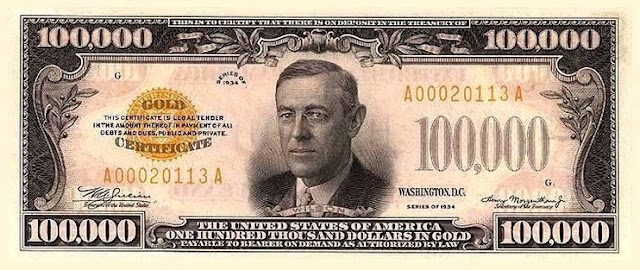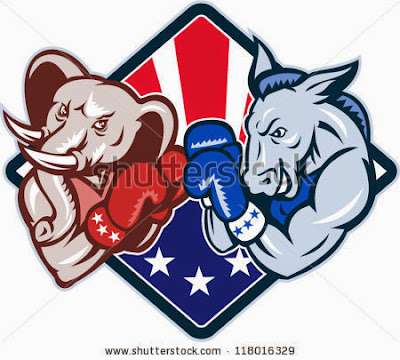A New Racist Slogan, or Not?...

Rational Nation USA Purveyor of Truth Some believe the representation to be racist. Others do not. Including some African American's. “I really haven’t heard that about (the beer),” said Anna Anderson, the manager of the Union Square location, who is African-American. Many black customers and employees shrugged off the questionable undertones. “It’s a beer,” said Taryn Harris, 40. “I didn’t interpret it that way. People are slaves to whatever they like. They’re a slave to their addictions, be it food or sex. That’s how I interpreted it, as an addiction, not anything else.” What's your take? Full text BELOW THE FOLD . Via: Memeorandum









